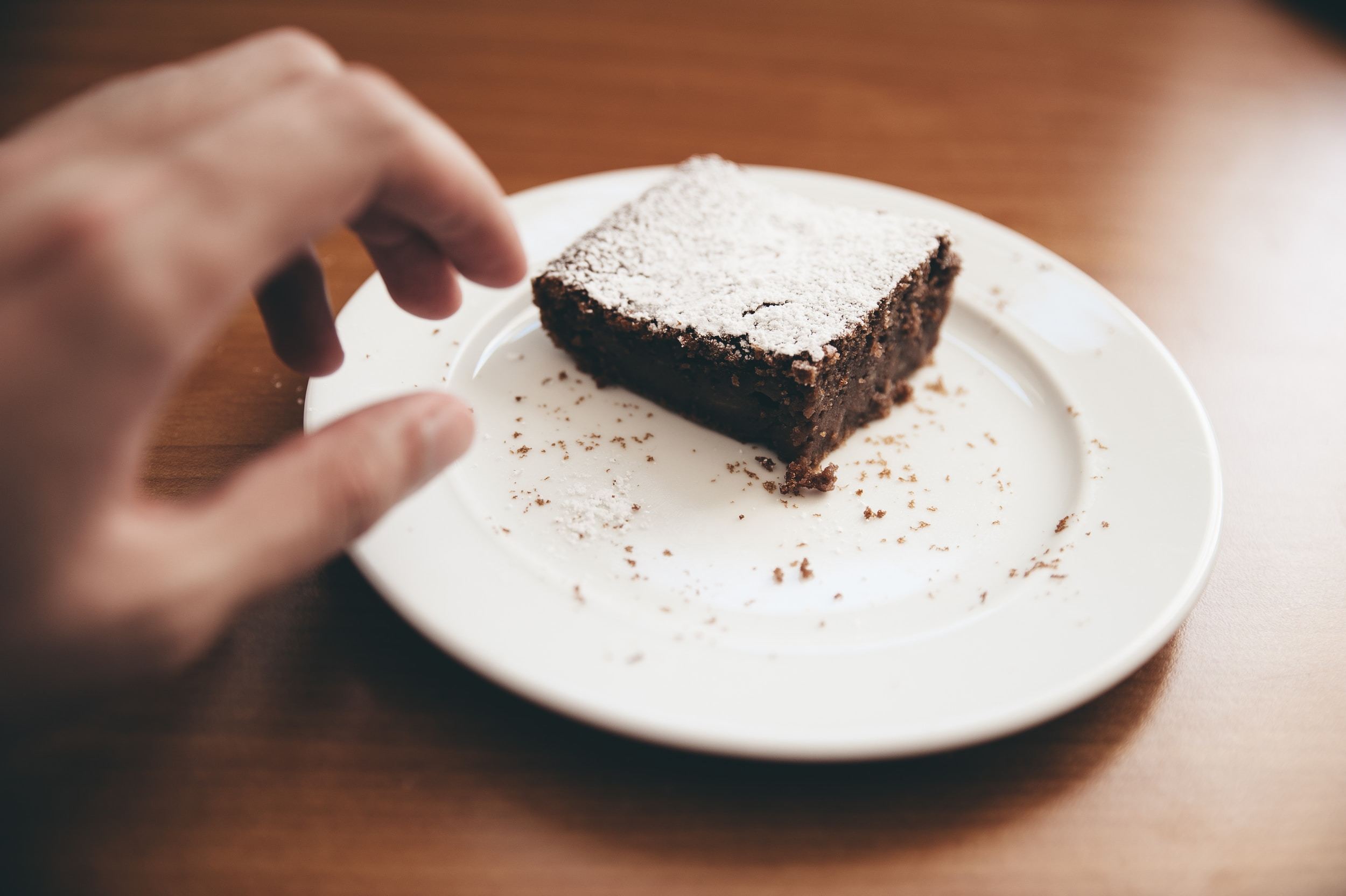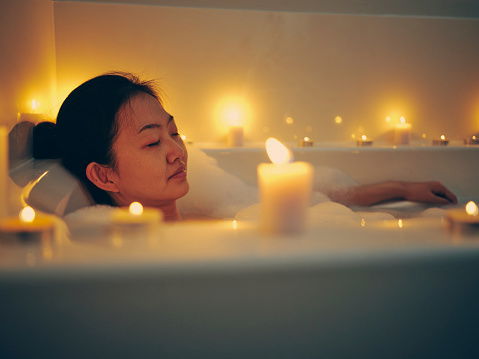Satisfactory Sleep Quality: Top 5 tips for better sleep
We all know how important sleep is and that we need it, but for various reasons it can be so hard to get at times. With busy schedules, stressful life circumstances and certain habits like scrolling on social media until our phone runs out of new stories to flip through, sleep is often pushed to the back burner. We are all guilty of staying up too late at times, but there are things we can do to get our body operating with our circadian rhythms instead of against it. So here are 5 helpful sleep hygiene practices and health tips to improve the ease in which you fall asleep, stay asleep and feel rested in the morning to have a productive day and better health overall.

- Avoid eating at least 3 hours before bedtime
The phrase “circadian rhythm” is commonly referred to in regards to the cyclical pattern of waking and sleeping that our body is supposed to naturally fall into within a 24 hour period. The other aspects of this biological system are not often discussed as much, but our bodies regulate a number of functions as a part of the circadian rhythms. From blood pressure regulation to hormone metabolism and digestive function, they are all regulated by certain processes that are turned on and off at consistent times throughout the day. For example, the digestive system excretes the enzymes and digestive juices we need to break down food and extract nutrients at certain times of the day optimally. Another important aspect to this is that the body produces the largest amount of these digestive products in the morning hours, less in the afternoon, and the least amount in the evening. This should correlate to eating your largest meal in the morning or afternoon, and smallest in the evening. Timing of meals is so critical because the body has a harder time processing the food late at night. The hours right before bed should be reserved for preparing to sleep. Focusing on digestion takes time and energy that should be used for all the important things happening during sleep. The body naturally functions the best when we work with it, instead of against it, so the simple adjustment in timing and size of your meals can aid in working with your circadian rhythms and help improve your sleep.

- Get rid of those screens
The reason the blue light emitted from our screens is so detrimental, is because of what it does to our melatonin production at night. There are three main types of light: blue, red and green light. While it is true that any exposure to light at night affects our circadian rhythms, studies show that the effects of blue light are more potent and last longer than other types of light. Blue light helps us feel more energized and alert. It also increases our heart rate and blood sugar. These are great things, during the day time. However, at night this can keep us from falling asleep. Blue light inhibits the production of melatonin which helps us fall asleep at night. Common sources of blue light are televisions, cell phones, laptop computers, LED lights, fluorescent lights, tablets and video game consoles. Ways we combat the effects of blue light are:
- Use of a lamp that emits red or orange light, these colors do not affect our circadian rhythm as much
- Discontinue use of electronic devices 2 to 3 hours before bed
- Turn on the nighttime setting on your devices about 45 minutes before sunset. These settings reduce the amount of blue light exposure
- Consider purchasing glasses that block blue light. They usually cost about $80

- Set the mood for sleep
Setting the mood is very important for sleep. Getting into a consistent bedtime routine can really help improve your quality of sleep. Some helpful tips to try in terms of a sleep environment include ensuring your room is not too hot and not too cold. The optimal temperature for sleep is somewhere between 15-22 ℃, but you have to find out where in that range is best for you. Dim lighting in the room is also important since bright fluorescent lights inhibit melatonin production. Another important rule to remember is to keep your bed for sleeping. If you do not fall asleep within 20 minutes of lying down, get out of the bed and do one gentle activity (such as reading, writing or deep breathing) and then try again once you start to feel sleepy. This is important because you do not want to create a negative association with your bed, because it will become a mental roadblock to sleep later on. Anything you can do to promote a calm, relaxed, stress free environment is great for setting the mood. Essential oils such as lavender or chamomile on your pillow, a warm bath, a cup of sleepytime tea can all help the body prepare for a more rejuvenating sleep.

- Do the right things
There are things that can either help or harm our sleep and we want to highlight the right things you can do to help improve your sleep. One of the best and simplest activities you can do is deep breathing. By doing 2-5 minutes of deep breathing everyday we train the nervous system to go from the stressed, fight/flight response (sympathetic nervous system) to the calm, relaxed response (parasympathetic nervous system). It is great for those with racing thoughts, anxiety, high stress or tense individuals who find it especially hard to fall asleep and turn the brain off. Another great activity is reading or journaling. Reading is a great way to wind down and disconnect from all the stresses of the day and journaling can be a great release from the events and cares of the day to make mental room for sleep and peace in the mind. Light stretching is also a great bedtime routine activity. You should not do anything vigorous that you need to exert a lot of energy because this can actually prevent sleep due to overstimulation, making it harder to wind down.

- Get your important sleep ingredients
Sleep ingredients are some key amino acids, hormones, and nutrients the body needs to facilitate rest. The big sleep hormone that is often talked about is Melatonin, but Melatonin is the end product in an important biological pathway with precursors that are also important for sleep. The beginning of this pathway starts with an amino acid called tryptophan or L-tryptophan, followed by 5-HTP, then Serotonin and finally Melatonin. In order for these steps to occur, certain vitamins and minerals are needed as catalysts for the reactions such as: Vitamin B6, folic acid, Vitamin C, magnesium, iron, calcium and zinc. These precursors are available through food and in supplement forms. For some great sleep support supplements, you can sign up with Fullscript, our online dispensary which provides high quality nutraceuticals that can help with sleep management and more. Click here for the link to sign up!
If these sleep tips don’t resolve your sleeping issues, there may be some deeper mental/emotional reason or physical condition contributing to an inability to fall asleep. If you struggle with chronic insomnia there are different techniques such as Cognitive Behavioural Therapy (CBT) to address insomnia as well as medications to help you get the rest you need. Also, by working with our Naturopathic Doctor, Dr. Coleman, you can get to the root of your sleep issues with the guidance and support you need along the way. Call the office to book a free 15 minute Meet and Greet or complete the forms here to become a New Patient.